
What Problems Do After School Classes Solve?
When your children end their classes and get out of school, it doesn’t mean that they have to head home and stop learning. As of June 2019, The Afterschool Alliance (ASA) reports that there are 10.2 million students enrolled in after school programs across the US. An additional 19.4 million would participate if a program were available. This high demand for after school classes can be attributed to their many benefits we previously touched on in ‘Why Parents are Choosing After School Classes’, including keeping kids active and connected with their peers. Today we’d like to discuss some of the problems that after school classes can solve, as well as some ways in which we can make after school programs more successful.
1. Provide Academic Support
Are your kids struggling with achieving good grades? Are they also frustrated with their heavy load of homework? Maybe after school classes could provide the perfect solution. The ASA reports improved grades for 50 percent of students who participate in reading and math-related after school classes. Furthermore, they found that more than 70 percent of students in STEM after school programs (i.e. YEL Brick Builder, Robotics, and Coding) show a deeper interest in and more knowledge towards science-related careers. For students who have learning and thinking differences, having extra help with their homework can also be invaluable in a more relaxed environment.

After school classes can lead to improvements in reading level. Image credit: pixabay.com
2. Improve Social Skills
For more timid students, having an after school class can help them break out of their shell. Typically, smaller groups enable them to engage more with their classmates. For those who are more boisterous, having a good program also promotes mutual cooperation, guidance, and respect between peers (See our previous Blog “Teamwork in {YEL!} classes“).
2.1. Future employment
Developing good social skills will also help your kids out in the future. Maryville University’s discussion on student employability highlights the need for communication and problem-solving skills, as the National Association of Colleges and Employers has found these to be what hiring managers look for in fresh graduates.

Spending time with other kids results in better social skills.
3. Reduce Risky Behavior
It’s an unfortunate truth, but unsupervised kids are more susceptible to bad influences. Research from Understood stresses how to keep your kids safe—the hours between 3pm and 6pm kids are most likely to commit crimes or become the victims of crime. However, having a trustworthy adult to keep an eye on things ensures that parents have peace of mind. To support this, statistics from the ASA show that 8 out of 10 parents say after school programs give them peace of mind and help them keep their jobs, while almost 75 percent believe that after school programs reduce the incidence of risky behaviors.
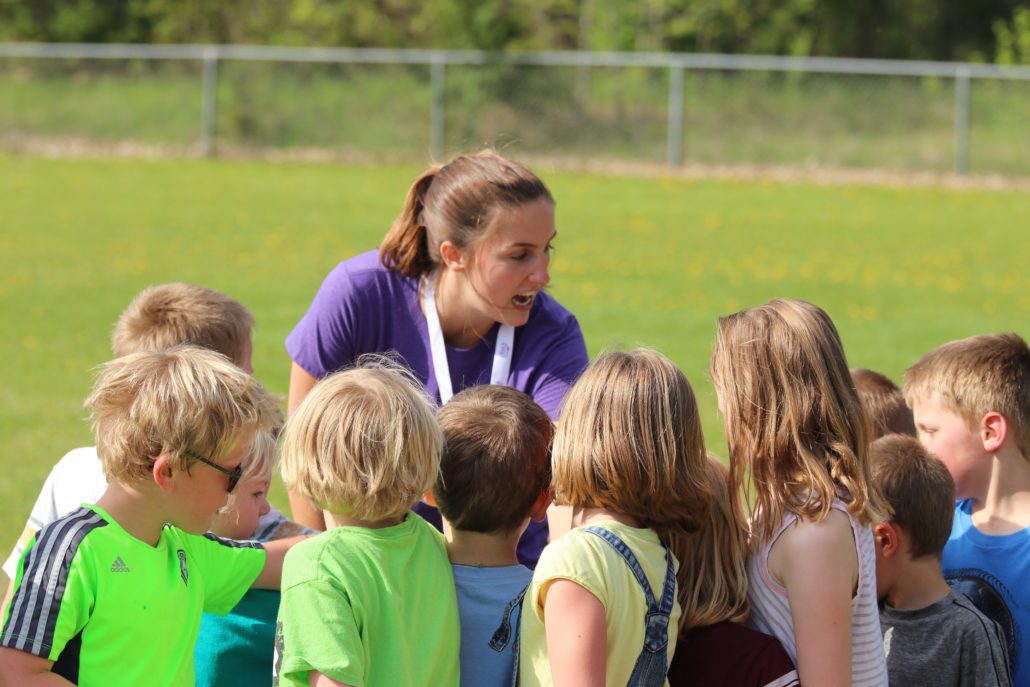
Additional adult supervision reduces the likelihood of risky behaviors in children.
4. Promote Health
Are you worried about your child’s health and diet? A study published by youth.gov shows positive health changes attributed to after school programs. The study found that participation in after school programs is associated with an increase in physical activity, better dietary habits, and an overall reduction in obesity. A large number of after school classes provide students with healthy snacks to keep them focused during the day and fun activities that keep them up and moving. That’s why enrolling your child in an after school program that encourages play and movement (i.e. YEL sports and fencing classes) may be highly beneficial for their future health.

Reduced obesity and improved health is another benefit of after school classes. Image credit: pixabay.com
5. Quality Counts
It’s not enough for your kids to participate in any after school program- it also has to be a good one for them to reap all of the benefits. {YEL!} boasts a 4.58 rating out of 5.00 based on 3,700+ parent surveys. Find a large sample of those surveys at: https://youthenrichmentleague.com/parent-survey-results/.
How can you help make an after school program successful?
- For one, Thirteen.org suggests planning a variety of activities for kids.
- Try to provide a wide range of opportunities for active learning, while promoting activities that can develop outside hobbies, skills, and interests (i.e. chess, coding, fencing, sports, engineering, etc.).
- In addition, the National Activities Press promotes the importance of well-prepared staff: supervisors of after school classes should have strong communication and social skills, as well as a foundational understanding of child development.
- Lastly, a quality after school program should possess proper learning materials and operate in a good facility.
- It’s essential to keep in mind the location of the program so that kids can learn and grow in a safe and welcoming environment.
6. What’s Next?
{YEL!} currently offers after school classes in: chess, coding, fencing, Brick Builder using LEGO® Bricks, sports (basketball, flag football, floor and street hockey, soccer, and track and field), and more.
Click here to REGISTER for YEL classes in your community.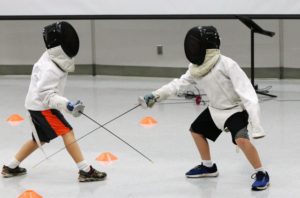
If you don’t see any classes in your area, reach out to us and we’ll see what we can do to start programs at your school.
FRANCHISING – YEL is offering franchise opportunities in 37 states. CLICK HERE to find out more about owning your own YEL Franchise. We’d love a caring and dedicated local leader to head up our programs.
[simple-author-box]


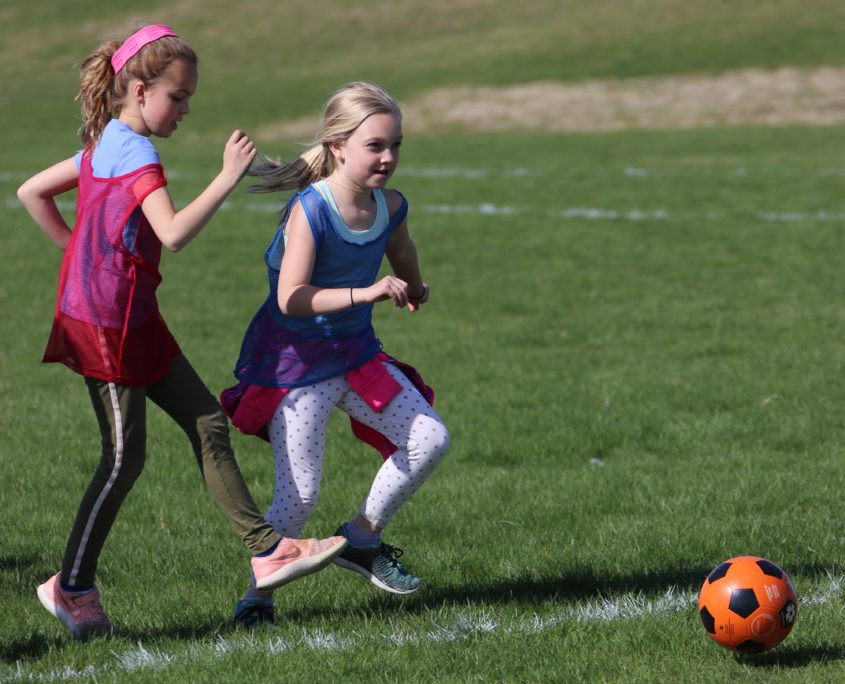
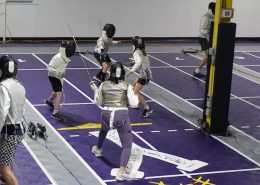 2023 YEL
2023 YEL


 2019
2019
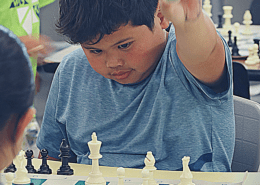 2019
2019

 ©2019 YEL
©2019 YEL
 ©2019 YEL
©2019 YEL

 2018
2018